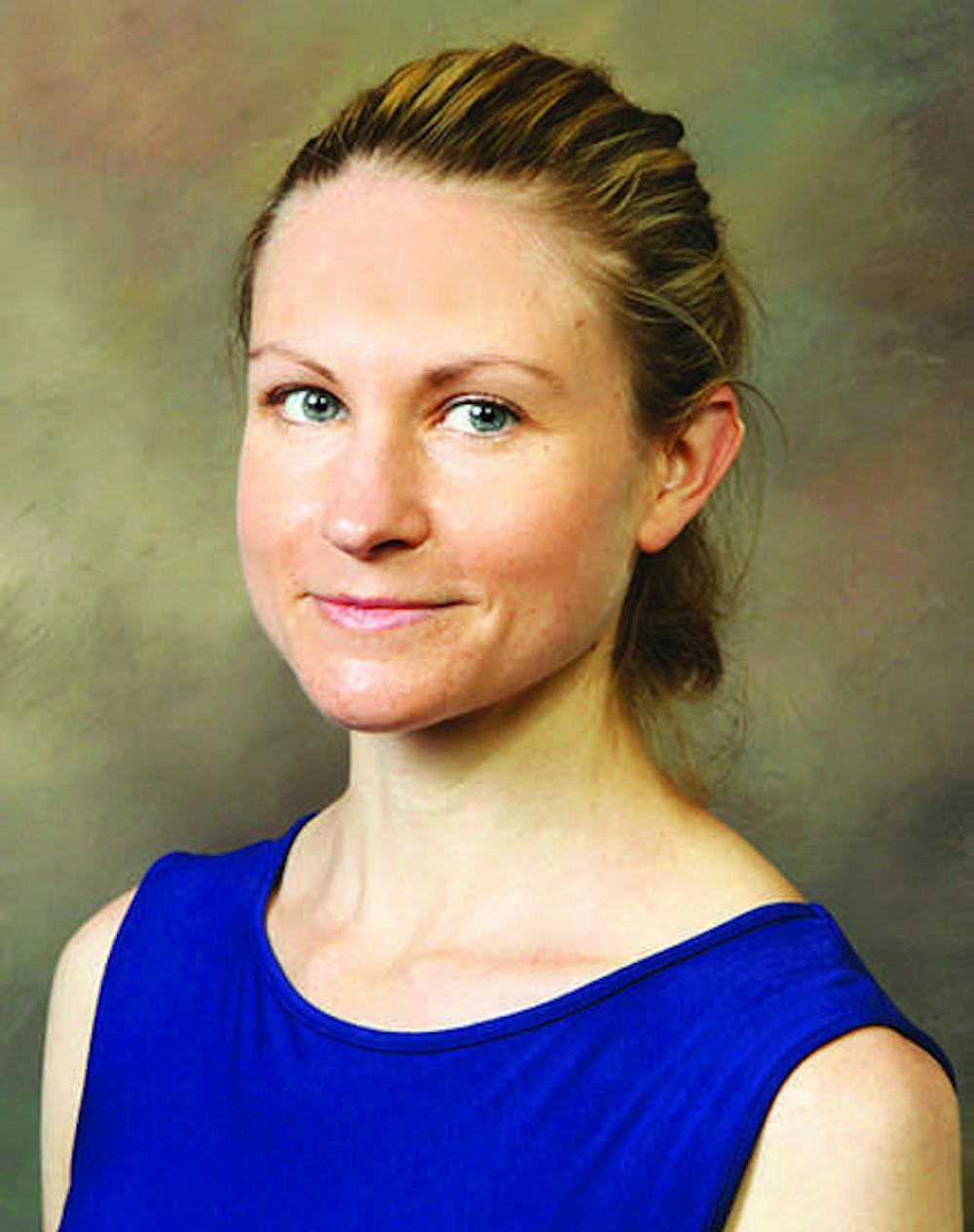Whitney Phillips is the assistant professor of literary studies and writing at the Penfield College of Mercer University. She does not like the term “troll,” and in a telephone interview with The Cluster, Phillips laid down the facts on her recently-published book.
Effectively titled “Why We Can’t Have Nice Things: Mapping the Relationship Between Trolling and Mainstream Culture,” Phillips’ book discusses the ideas that surround online trolling and what she sees as its emergence into the mainstream in 2008.
She presents how society has allowed for these online aggressions to become a normal part of everyday culture.
Phillips received her bachelor’s degree in philosophy from Humboldt State University. From there, she felt that this area of study was too much of a rigid structure. She went on to receive her masters of fine arts in creative writing with an emphasis in fiction from Emerson College.
“[I] haven’t always fit where I’ve been getting my degree,” Phillips said.
Needing a bit more structure than that, she finally received a PhD in English from the University of Oregon. There, she took a digital culture focus.
Phillips said that she thought that her dissertation would be based on researching political humor surrounding the 2008 presidential elections.
However, once her brother had recommend that she look at the website 4chan.org — an imageboard website linked to the development of the modern meme culture — her focus quickly shifted.
“[My book] was a combination of all [my] interests in research,” Phillips said. “[It] chronicles the emergence of online trolling.”
The aim of the book is to understand how this subculture emerged in the initial troll-space and the relation between trolling and sensational media.
Earlier this year Phillips told Times Magazine that “[t]hese are mostly normal people who do things that seem fun at the time that have huge implications. You want to say, ‘this is the bad guys,’ but it’s a problem of us.”
Phillip said this is where the understanding of online aggression becomes a grey area, also saying that online trolls are amplified versions of what we deem as acceptable. She said that, if they were the “bad guys” they would not fit into the click-based web economy.
The subjects that we see online are the same issues that we face in everyday life: racism, sexism, homophobia and transphobia, to name a few.
“It is framed as aberrational behavior,” said Phillips.
When in fact, to Phillips, the online aggression we are seeing is not.
She said, “That line is much blurrier.”
One question that Phillips raises in her book is if the behaviors silence others’ voices.
According to her research that spanned from 2008 to 2012, Phillips found that on many platforms, the defense of free speech in its vernacular form is used to justify the trolling behaviors taking place. She said that this idea of free speech is being used to protect some of the most aggressive actions online.
Surprisingly though, Phillips said she has “become uncomfortable of the term troll.”
The reason for this, she explained, is that the term has changed since she concluded the book’s research in 2012. Phillips said that in the last three to four years the term ‘troll’ has been used to describe acts of playful humor, harassment, hate and negativity associated with people like Donald Trump.
“‘Troll’ is not differentiated as it was,” Phillips said.
So now, Phillips looks at online behaviors through a detailed lens to find what the impact or outcome of the act will be. She said she is getting to the root of the negative-aggressive action.
“I want people to think critically of what passes as normal in the United States of America in 2016,” Phillips said.
Phillips would like to see how we can change the landscape on the internet and make it more hospitable.
She said “average people . . . see more conflict online rather than in bodied spaces.”
Penfield professor talks trolling, media in new book

Whitney Phillips’ book discusses the ideas that surround online trolling and what she sees as its emergence into the mainstream in 2008.




